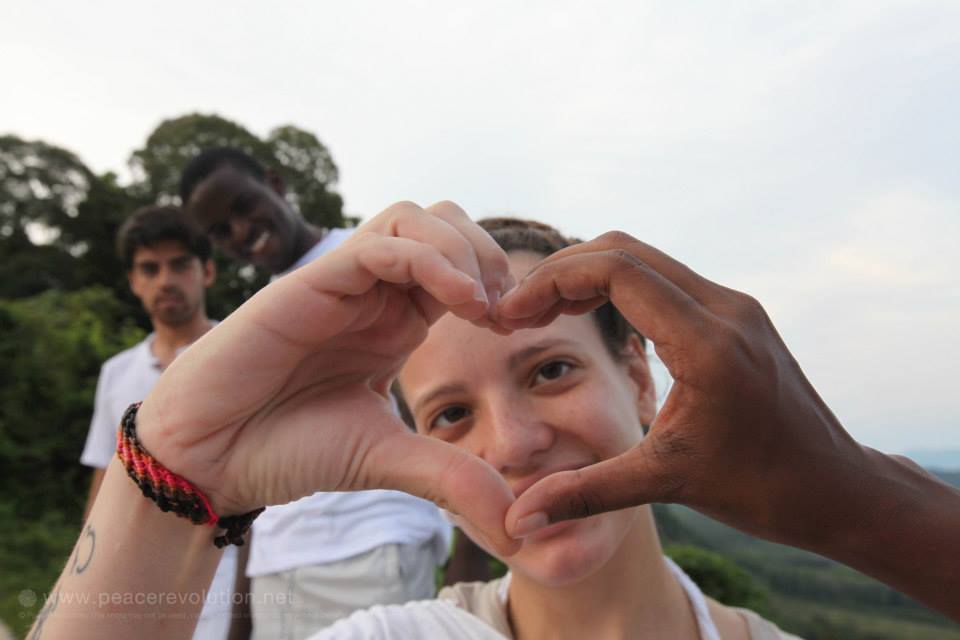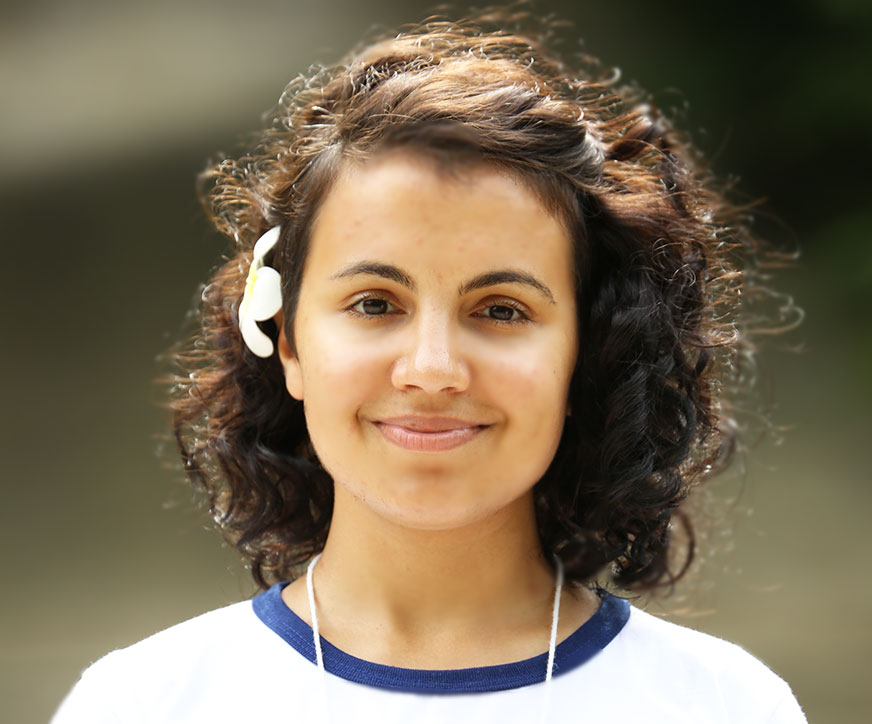Who am I? Do I have a purpose in this lifetime? How do I find what makes me happy? Have you ever asked yourself these questions? Every other month I used to ponder on these subjects. The practice of mindfulness and meditation came as a relief: it gave me hints to who I really am and how to feel at ease when inquiring my life path. Self-knowledge started being a way of life.
Here’s what the practice of mindfulness and meditation taught me:
1. Be thyself
There is a thing I call identity. All you like and dislike, all your possessions, the way you automatically act in a certain situation, the things you never thought you could live without, they are all part of your identity. Basically everything you call “I am” and “mine” is identity. Don’t get me wrong, identity is not bad. It just isn’t who you truly are.
What do yo think about this perspective where you are not what you identify with? To put it mildly, at first, I was quite confused. If I am not my personality, if I am not my hobbies and my tastes, then who am I?
Meditation taught me that I simply am. This affirmation ends here. I am. No need to be anything else, but simple being. When I am trying to be kind or nice or generous, I am not who I am. I am trying to be something. With regular and continuous practice, time and patience, I got to the being part. Now, I exercise staying in the present moment as much as I can.
2. Listen and observe
When did we develop this belief that intelligence equals having an opinion on everything, having to have an opinion even when we don’t really have one? Are there moments in your life when you feel the way you behave is not really you? Observe the way you manage a certain situation. Observe without creating an opinion about what you are observing.
What emotion is triggering your reaction? What external factor lays at the basis of that reaction? Observe what kind of inner discourse is usually running inside your mind? Use your meditation sessions to gently observe your thoughts without engaging with them.
If you want to change the way you go about certain aspects of your life, start by noticing at what particular moments they appear in your life.
3. Don’t judge yourself
Usually when we understand something, we immediately go into the judgement phase. Is this good or bad? Should I or shouldn’t I? When you start knowing who you are, these questions no longer arise. Meditation gave me the ultimate assurance that when I am at peace, the appropriate decision naturally comes.
4. Acknowledge your thoughts, accept them and let them go
Many times in our daily interactions there are similar things, people, situations that come back again and again and again. It is usually negative thoughts that have a way of coming back. No worries, they are there to show us something. So, open your (mind’s) eyes to see. Create the comfort for your mind to understand what it needs to understand.
I used to be very afraid of spiders. What do you know? This thought “I am afraid of spiders” was often materialising in my life. Wherever I went, there was a little spider. Once and for all, I decided to acknowledged my fear, I made friends with it, I accepted it and then I let go of it. Starting that moment, no more spiders in my life.
This is exactly the process happening during meditation. We are focusing on stilling our minds. Then, thoughts start coming. We acknowledge those thoughts and just observe them from afar. Eventually, we let them go.
5. Commit to being who you are
Authenticity is the ultimate key to inner peace. Meditation is authenticity at its best. Give yourself the opportunity to take a look inside. Don’t be eager to see immediately and get your answers quickly. That is only a form of reticence towards what is. Let things naturally happen. Just let yourself be.
6. Be patient. When the time is right, it will come
Whatever you wish for in your life, trust that you deserve it. When the moment is right, you will stumble upon it.
I admit, I am still working on patience. As many of us, I waltz through life expecting to have everything as soon as I snap my fingers. We’ve heard it all before: best things come to those who wait. When I’ve started meditating, I was constantly asking myself: “When am I gonna relax?”, ”Is this it, did I reach that middle way between comfort and concentration?” Just like a kid asking over and over again “Are we there yet? Are we? Are we there yet?” Let go of trying to achieve anything and just enjoy the ride, in meditation and in life.
7. Be kind
Putting constant pressure on being efficient, the best in school, getting credit for all the voluntary work, wining the sports competitions; does this sound familiar? I spent many years of my life running and pushing myself beyond my limits. It was only when I started meditating that I understood: by being kind towards myself and others and focused I achieve much more than I ever did before.
8. Trust yourself
“Is what I am doing the right way to meditate? Oh, I am having thoughts. Ah, I am not supposed to have thoughts! Is it ok to experience pain?” As a mirror of my life, my mind was full of questions at the beginning of the meditation practice. Little by little, I learnt to trust that whatever I experience during the meditation session is right. I learnt to trust my body and my mind. I learnt that whatever I achieve is good enough. I learnt that there is joy and peace in the very process of meditating, should I be willing to allow myself to experience them.
9. Beyond right and wrong, that is where you find peace
I used to invest much time in proving others I was right. Eventually, I grew tired of always defining myself in direct relation with other people. I used to believe that if I were right, other opinions expressed were clearly wrong. Meditation taught me to be like the sun. The sun casts its light equally and with equanimity over saints and criminals. When you are at peace, there is no need to make things right or wrong. In your heart you know what is right and wrong for you and create the space for other people to define their own boundaries of right and wrong.
Remember: Meditation is not only the 30 minutes you are spending sitting in the meditation pose, stilling your mind. Meditation is also the rest of the day, the 23 and a half hours when you are as mindful, as connected to yourself and as present as possible.
Please share, what was did you learn by practising meditation and mindfulness?







